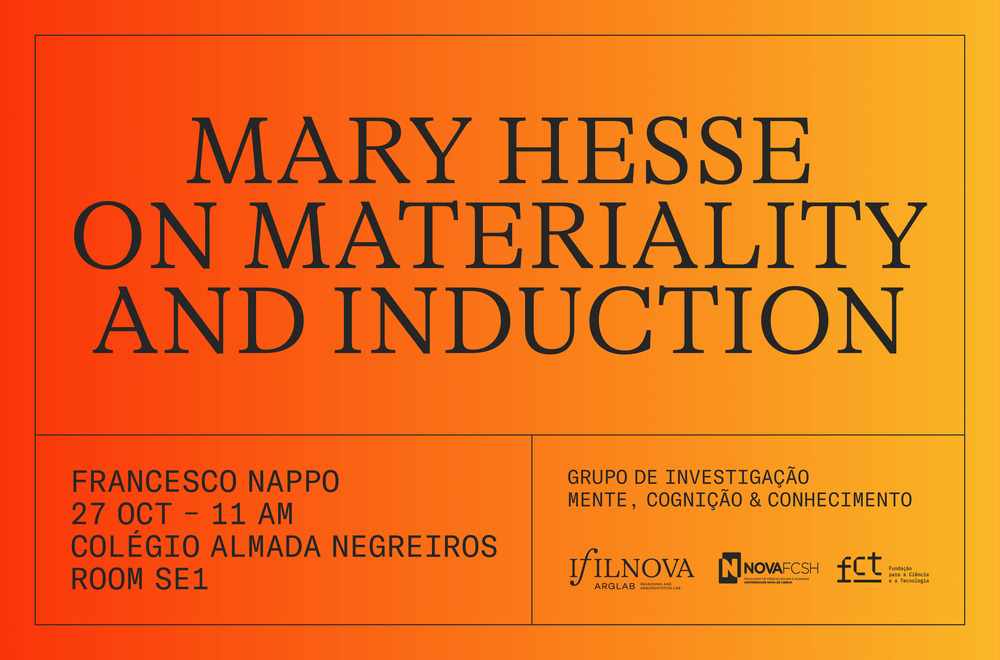Mary Hesse on Materiality and Induction

Abstract
Beginning with her 1952 paper “Operational Definition and Analogy in Physical Theories”, Mary Hesse has championed an epistemological account of analogy in scientific investigation that still has very few rivals today for level of detail and motivation. Sadly, Hesse’s work on analogy, which culminated in her Models and Analogies in Science a decade after (1963-66), is not widely read and even less understood. In this talk, I will discuss one of the most widespread misinterpretations of Hesse’s works, which concerns the distinction between “formal” and “material” analogies in science. The distinction was first mentioned in her 1953 article “Models in Physics”, where Hesse claimed that the term “analogy” is used ambiguously in physics, as it applies both to cases of accidental formal similarity between the mathematical structures of two otherwise distinct physical theories and to cases in which one domain of scientific interest is employed as a working model for phenomena in another domain. Accordingly, when in 1963 Hesse sat down to write the minimal conditions for an analogy from one scientific domain another to justify inductive arguments from properties of the former to properties of the latter, Hesse claimed that only “material” analogies can be inductively significant. Unfortunately, the version of Hesse’s condition that has become popular among recent commentators makes it an easy subject for counterexamples: for instance, John Norton (2021) writes that “[it] disparages the fertile analogy between Newtonian gravity and Coulomb electrostatics” (117). I will provide an interpretation of Hesse’s material condition that does justice to its epistemological significance and bring out connections to some of Hesse’s other works on the topic of induction and scientific reasoning.
Bio
Francesco Nappo is Marie Sklodowska-Curie Postdoctoral Fellow in the Mathematics Department at Politecnico di Milano. He specializes in the philosophy of science, with focus on the ethics and epistemology of mathematical modelling practices. Currently, Francesco serves as the PI of the project VINCE – Vetting Implicit Normativity in Climate Economics.
This event is organized by Pietro Gori within the scope of the project Mary B. Hesse’s ‘New Epistemology’. Principles and Legacy.

